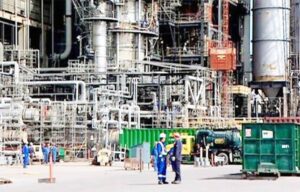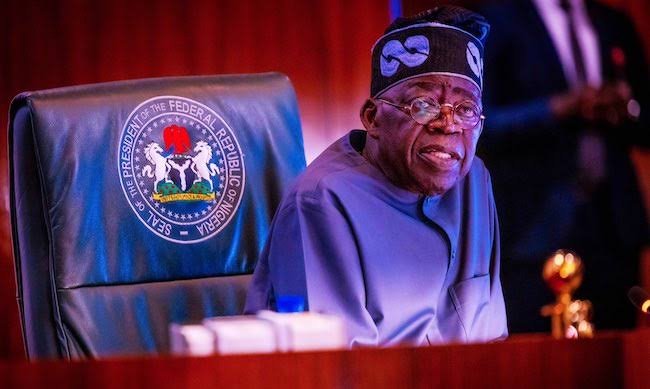Refinery owners are calling for an end to the country’s dependence on imported fuel. They believe Nigeria should focus on exporting fuel instead of supporting importers. This call comes from the Crude Oil Refineries Owners Association of Nigeria (CORAN), which argues that Nigeria has the capacity to produce its own fuel and should not rely on foreign imports.

Concerns have been raised by depot owners who worry that the Dangote Petroleum Refinery might dominate the fuel market. Farouk Ahmed, Chief Executive of the Nigerian Midstream and Downstream Petroleum Regulatory Authority, has revealed that Dangote’s refinery has asked him to stop issuing licenses for diesel imports. This move could force all fuel traders to buy from Dangote’s refinery rather than importing.
Abdulkabir Adisa, National Chairman of the Depots and Petroleum Marketers Association of Nigeria, has subtly criticized Dangote Group during a Senate investigation into economic sabotage in the petroleum sector. He noted the group’s impressive N133 billion profit from sugar sales, attributing this success to their control over the sugar market.
Aliyu, another industry expert, warned against allowing any single company to dominate the petroleum sector, stressing that monopolies harm business.
Eche Idoko, Publicity Secretary of CORAN, argued that Nigeria should stop issuing import licenses for products like diesel and petrol, which the country can produce domestically. Idoko questioned the role of depot owners in the supply chain, pointing out that their involvement adds unnecessary costs and pressure on the currency. He revealed that independent marketers currently buy petrol from depots at nearly N800 per liter, a situation he believes could improve if depots were removed from the supply chain.
Idoko suggested that instead of relying on depots, Nigeria should focus on expanding its refining capacity. He proposed that depot owners could partner with refineries to boost domestic production. However, he criticized depot owners for not building or collaborating with refineries and urged them to consider transforming their businesses into export hubs.
He rejected the argument that fuel importers are necessary due to the lack of functional refineries, stating that they contribute to Nigeria’s problems. Idoko called for a public debate with depot owners to discuss these issues and argued that supporting refineries would offer greater economic benefits than maintaining depot operations. He emphasized that refineries create more jobs and contribute more to the economy than depots.
Former President Olusegun Obasanjo has expressed concerns that those benefiting from the fuel import business might try to hinder the success of the Dangote refinery. He noted that if Dangote’s refinery succeeds, it could attract more investment in Nigeria, both locally and from abroad.
Currently, President Bola Tinubu has revealed that Nigeria spends N2 trillion monthly on fuel imports. However, some experts believe that Nigeria should not stop fuel imports until it has at least four fully operational refineries.




